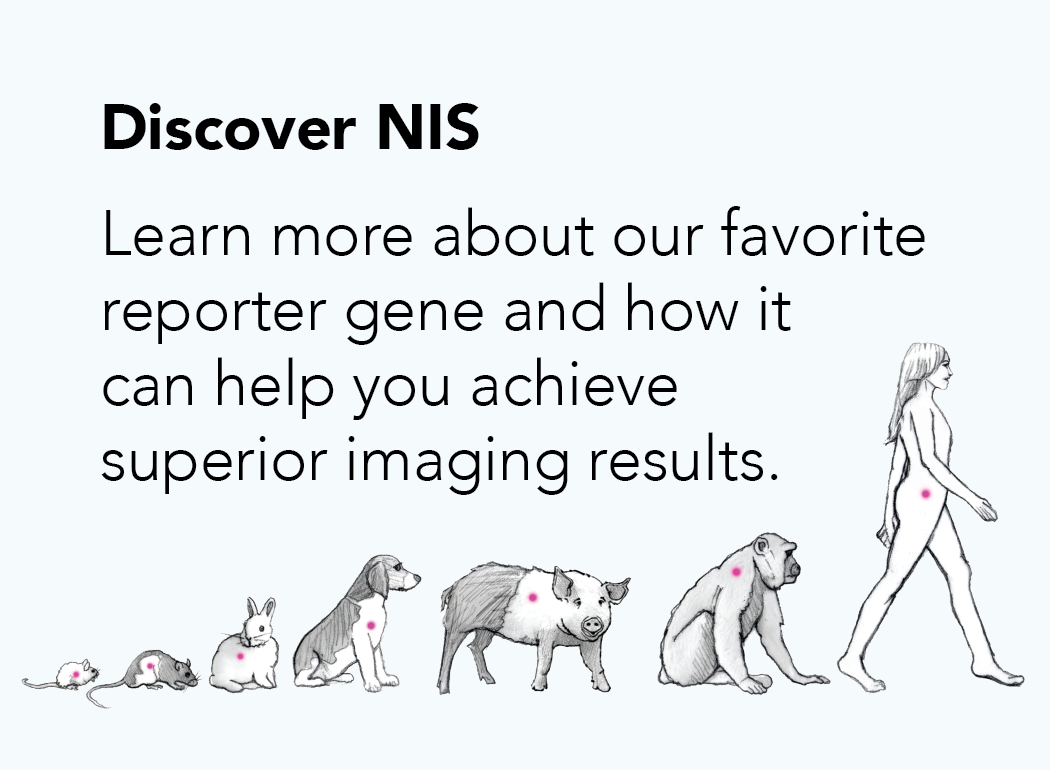When Can I Visit a Friend’s House After I’m Fully Vaccinated?
- Experts advise that if you are fully vaccinated against COVID-19, you can hang out with an unvaccinated friend from a single-person household—and they do not have to wear a mask.
- People who are fully vaccinated can see other fully vaccinated people without wearing masks.
- You should continue to wear face masks around people who are at risk for severe disease if they get infected with COVID-19.
April 6, 2021, Imanis Life Sciences, Rochester MN
During the COVID-19 pandemic, people have been separated from their friends and family due to the need for social distancing and lockdowns. Now, as efforts to vaccinate people against COVID-19 are well underway, there is hope that everyone will be reunited with their loved ones again soon.
“Hopefully with widespread vaccinations, these conditions can be mitigated, and we can get our human connections and relationships back,” Lalitha Parameswaran, MD, MPH, co-lead of the New York University Langone Vaccine Center’s research clinic, tells Verywell.
But there are still some factors to consider before you decide to head over to a friend or loved one’s house for a gathering. We asked experts to weigh in on how to do it safely.
Factors to Consider When Gathering
Stephen Russell, MD, PhD, CEO, and co-founder of Imanis Life Sciences based in Minnesota, tells Verywell that once you’re fully vaccinated, whether or not you can safely visit with friends—either meeting in a singular or a multi-person household—depends on a variety of factors.
When Are You Considered Fully Vaccinated?
- Pfizer and Moderna vaccines (two-dose vaccines): Two weeks after you receive your second dose.
- Johnson & Johnson (one-dose vaccine): Two weeks after you receive your first dose.
“Fully vaccinated individuals may visit unvaccinated individuals from a single household who are at low risk for severe COVID-19 indoors without wearing masks or social distancing,” Russell says, citing Centers for Disease Control and Prevention (CDC) guidelines. “They may also visit other fully vaccinated individuals without wearing masks or physical distancing.”
Vaccine Limitations and Unvaccinated People
Currently, the CDC states that fully vaccinated people can visit one household with unvaccinated people sans masks and social distancing if none of the unvaccinated individuals are at high risk of severe COVID-19. However, if the household has individuals at high risk for COVID-19 or the gathering involves multiple unvaccinated households, the CDC says this puts individuals at a higher risk for getting infected.
People should remember that while it’s less likely to happen, there is still a risk of becoming infected with COVID-19 after getting vaccinated. “None of the currently available vaccines are 100% effective,” Russell says. “Which means that a small percentage of vaccinated individuals are not protected.”
Waiting After Your Last Vaccine Dose
You also need to wait the recommended two weeks after getting your last dose of the vaccine before socializing with friends in their homes.
Priya Nanavati, PhD, the managing director of production and R&D at Empowered Diagnostics in Florida, tells Verywell that you shouldn’t visit with others too soon after you get your shot “because it usually takes a few weeks for your body to generate sufficient neutralizing antibodies.”
It’s not just your safety—you also need to think about the people that you plan to be around. “Keep in mind that everyone is different,” Nanavati says. “Immunity levels, indicated by neutralizing antibodies, can vary in their longevity and effectiveness for each individual.”
What This Means For You
While being fully vaccinated against COVID-19 can offer you protection, you still need to take steps to protect others—especially people who are high-risk for severe illness if they get the virus. But making plans to visit a fully vaccinated friend, or even on an unvaccinated household with no members at risk for severe COVID-19, can be a safe way to begin socializing again.
What If a Friend is High-Risk?
Once you are fully vaccinated, you need to still take precautions to protect others—especially people who are at high risk for getting severely sick with COVID-19.
Parameswaran advises that people who are fully vaccinated “continue mask-wearing, handwashing, and distancing in any situation where there might be unvaccinated people who either have high-risk conditions or are in close contact with others with high-risk conditions.”
Friends With High-Risk Conditions
According to the CDC, people with certain medical conditions are at a higher risk of getting seriously ill if they get COVID-19.
If your friends or loved ones have any of these health conditions, consider the steps you need to take to ensure that they are protected.
- Cancer
- Chronic kidney disease
- Chronic lung disease
- Dementia or other neurological conditions
- Diabetes (Type 1 or Type 2)
- Down syndrome
- Heart conditions
- HIV infections
- Immunocompromised state
- Liver disease
- Overweight and obesity
- Pregnancy
- Sickle cell disease or thalassemia
- Smoking (current or former)
- Solid-organ or blood stem cell transplant recipient
- Stroke or cerebrovascular disease
- Substance use disorders
Keep in mind that even if the friend you want to visit is not high-risk, they might be living with or caring for someone who is.
How to Reduce Risk
If you’re planning to gather with friends, there are some steps that you can take to reduce your risk of spreading COVID-19. Consider hanging out in an area where there is a lot of ventilation, such as outside in a friend’s backyard.
“My personal approach to small group socialization among friends is more nuanced and uses two main parameters to help with decision-making,” Parameswaran says. “Ventilation of the location of meeting and vaccination status. Being outdoors favors airflow patterns that make such meetings less risky than indoor settings.”
Making Your Space Safer
According to the CDC, several measures have been shown to help improve indoor ventilation. If you are meeting with friends inside, you might be able to reduce the risk by:
- Increasing the introduction of outdoor air by opening windows
- Using fans to increase the effectiveness of open windows
- Increasing air filtration to as high as possible without significantly reducing design airflow
- Considering portable high-efficiency particulate air (HEPA) fan/filtration systems to enhance air cleaning
Consider the Size of Your Gathering
The number of people that will be at your meet-up is another factor that you’ll need to take into account. Alyssa Billingsley, PharmD, an infectious diseases pharmacist in Missouri and director of strategic program development at GoodRx, tells Verywell that “the CDC still advises everyone to avoid large events and gatherings when possible, especially those involving unvaccinated people from multiple households.”
Billingsley says that if you do choose to get together with a larger group, “make sure that it’s outdoors and that everyone is wearing masks and social distancing.”
If you or a friend is hosting a gathering, everyone who attends should still practice social distancing.5 For example, you can:
- Host your gathering outdoors, when possible, or make sure that there is enough ventilation if you’re inside
- Arrange tables and chairs to allow for social distancing (people from the same household can be grouped and don’t need to be 6 feet apart, but they do need to be 6 feet away from other families)
- Plan activities where social distancing can be maintained (like a Frisbee game)
- Minimize gestures that promote close contact (instead of hugging, just stick to waves)
The information in this article is current as of the date listed, which means newer information may be available when you read this. For the most recent updates on COVID-19, visit our coronavirus news page.
Published April 6, 2021: https://www.verywellhealth.com/small-gatherings-friends-covid-vaccine-5120714

